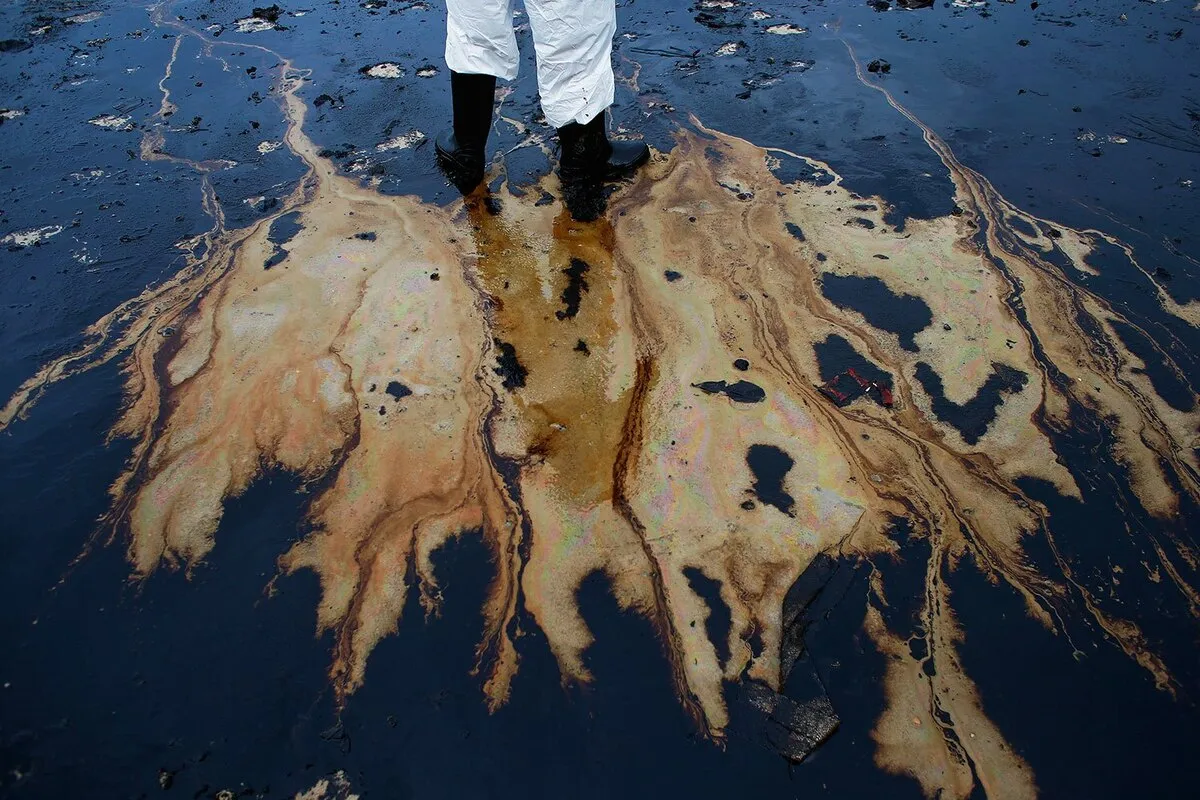Iranian Knowledge-Based Firm Uses Indigenous Bacterial Strains to Clean Up Oil Pollution

The knowledge-based company started its research in the field of recycling wastewater and waste from drilling rig activities and, by achieving waste management technology and cleaning up oil pollution biologically, succeeded in purifying eight bacterial strains and registering them in the gene bank.
These technologists of the Iranian firm studied the most optimal conditions for cultivating these strains for inoculation in the main field by conducting research and experiments, and ultimately, two strains of these bacteria were produced and industrially cultivated and propagated as the best strains for degrading petroleum hydrocarbons.
These bacterial strains consume petroleum hydrocarbons, all of which are native to the region and have been isolated for the first time.
Essentially, all bacteria form biofilms—vast communities of the microorganisms that are held together by slimy extracellular substances and, in the case of Alca, that stick to the surfaces of oil droplets. Alca’s biofilms deform oil drops and eat the hydrocarbons, or they can sometimes transform the drops into larger aggregate structures that can then sink to the seafloor.
The oil-eating bacteria secrete biosurfactant molecules that, like soap, lower the surface tension of the oil–water interface. That makes it easier for Alca to deform the oil drops into the dendritic shape.
4155/v





















